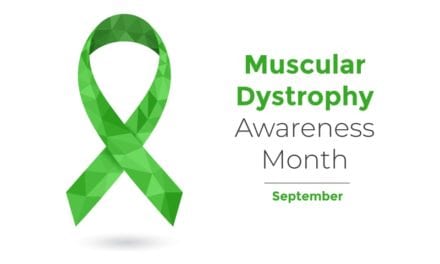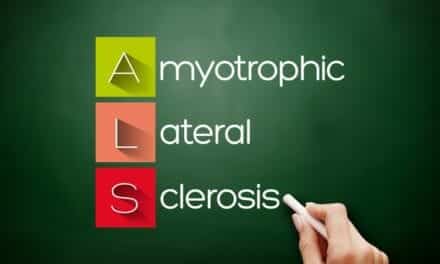
The study notes that 1,093 ALS cases were identified following the exclusion of subjects with unlikely food consumption. A news release notes that prior research suggests oxidative stress may play a role in the development of ALS. Additional research also suggests that individuals with high intake of antioxidants, such as vitamin E, exhibited a reduced ALS risk.
Researchers note that since vitamin C or carotenoids are also antioxidants, their potential link to ALS was also assessed. “Understanding the impact of food consumption on ALS development is important. Our study is one of the largest to date to examine the role of dietary antioxidants in preventing ALS,” says Alberto Ascherio, MD, professor of epidemiology and nutrition at Harvard School of Public Health in Boston. The results indicate that a greater total of carotenoid intake was associated to reduced risk of ALS. The study also notes that individuals who consumed more carotenoids in their diets were more likely to exercise, have higher vitamin C consumption, and take vitamin C and E supplements. Participants with diets high in beta-carotene and lutein reportedly exhibited a lower risk of ALS.
The researchers add that the study did not suggest that lycopene, beta-cryptoxanthin, and vitamin C reduced the risk of ALS. The study appears in the Annals of Neurology, a journal of the American Neurological Association and Child Neurology Society.
[Source: Annals of Neurology]





